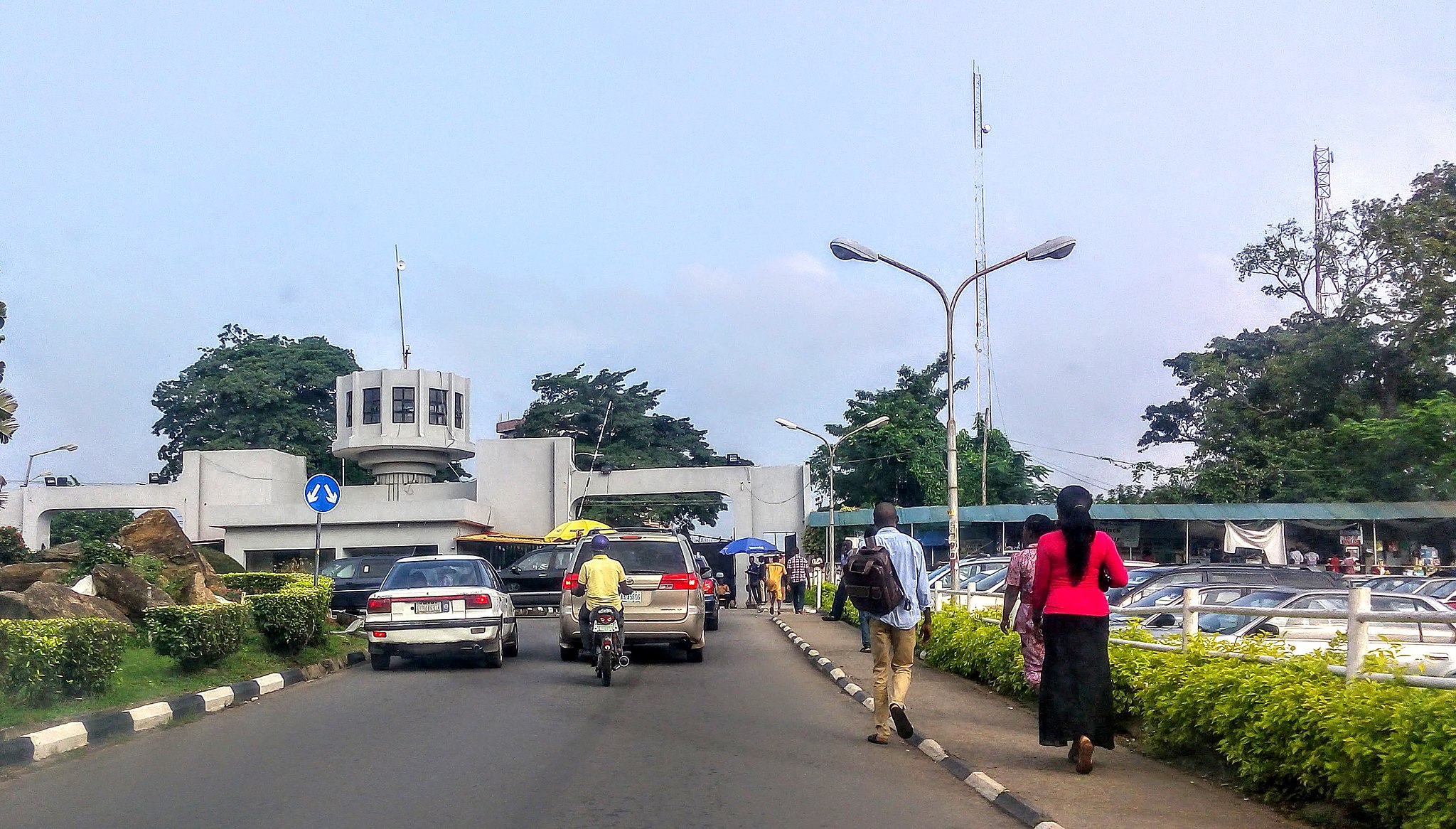Since Nigeria’s transition from military to civilian rule in 1999, lecturers in public universities have gone on strike sixteen times, leading to the suspension of classes for more than four and half years out of the last twenty-two. It’s a complex situation: the economy has steadily declined under the current administration of Muhammadu Buhari, who came into office in 2015, and the pandemic made bad conditions worse. The national debt and inflation rates here have hit an all-time high. But the unending problems in Nigerian higher education—poor infrastructure, underfunded laboratories, unpaid salaries, inadequate research grants—make it clear that the lecturers’ grievances are all too real, especially considering that Nigerian lawmakers are among the highest paid in the world. These politicians typically enroll their own children in foreign universities, contributing more than £30 million GBP to the education sector of the United Kingdom alone, according to a 2021 estimate from the Carnegie Endowment for International Peace.
According to a recent report in Al Jazeera, university lecturers’ salaries range between 95,000 naira ($228) and 332,000 naira ($800), with 416,000 naira ($1,000) being the maximum pay for a professor. Far from being an appropriate sum for an educated professional’s salary, these sums aren’t sufficient to maintain a household. Compare the typical professor’s annual salary of ~$3,600 – $10,000 USD with the ~$400,000 salary of Nigerian senator (base salary plus monthly expense allowances, according to a 2018 BBC report), and you begin to see where the strike is coming from.
More than 40 percent of Nigerians live on less than $1.90 USD per day, making alternative domestic sources of university funding, such as tuition, entirely impracticable. But government has not shown itself to be up to the task of ensuring the viability of higher education in this country. “The universities themselves should have acknowledged the reality that the government cannot be relied upon,” observed Gideon Olanrewaju, who heads Aid for Rural Education Access Initiative, a nonprofit working with under-resourced schools.
In my lifetime, the government has never come close to meeting the UNESCO recommendation that at least 15-20 percent of a country’s budget be earmarked for education. In the last five years, a meager 6-8 percent of the budget has been allocated for education annually.
The president of the Academic Staff Union of Universities, or ASUU, Emmanuel Osodoke, announced the union’s demands in February, including the release of funds for the revitalization of infrastructure, payment of earned allowances, and a review of their salary scale. These are the very same demands that precipitated a nine months’ strike in 2020. The Minister of Labour and Employment, Chris Ngige, promised to meet the lecturers’ demands back then, but the government failed to make good on those assurances. Thus, the union responded by calling a new strike.
Ngige pleaded a lack of funds as an excuse in March, but the striking lecturers retorted that the government has a long history of blaming lack of funds for its failure to address issues affecting average Nigerians, while continuing to fund extravagant salaries, foreign trips and other perks for its officials.
On an ordinary day at the University of Ibadan, my colleagues Kabeer, Victor, Noah, Tolu and I would have been discussing the tough week ahead, reviewing the performance of football clubs across Europe, and throwing bants about the coming lover’s day. Instead, on that Sunday in February, we were all glued to our respective screens, worrying about the ASUU. The strike was coming, and we knew that inevitably, schools would—again!—be shut.
Noah and Victor, like me, gained admission to their four-year degree programs in 2019, and we had just resumed the first semester of our second academic session. Tolu had only just arrived for his first week in school, and had been preparing for his matriculation ceremony when the strike bells began to ring again.
For us, the biggest worry was not the commencement of the strike, but the uncertainty of its duration. As mentioned previously, the last one, which occurred less than two years ago, lasted for nine months. Yes, nine months! And so far this one is dragging into its fifth month, with no end in sight.
In February I had to decide between staying in my one-room off-campus apartment or going back to my parent’s home until the end of the strike; I decided to stay.
I’ve been waking up daily to ghostwrite articles—content for crypto websites, mostly, and I’ve written some in-depth journalism pieces. But my future, like that of my colleagues, is clouded over indefinitely. I’ve considered applying for internships in media organizations, but wound up chickening out. How could I commit to a contract of six months or a year?
Millions of university students are stuck like me, all of us in our respective corners. One of my friends, Jamiu, was halfway through the application process for a global fellowship when he learned he’d need to commit to three months’ travel if his application were to be accepted. As a final year student, who’d been scheduled to write his last undergraduate paper in June, he doesn’t want to miss the chance of graduating, if and when it comes. So Jamiu backed out of the fellowship, trapped, like so many young Nigerians, by a system that continues to show no regard for our future.





